Menu
Columns
Showing 3546 Columns
Showing 3546 Columns
August 24th, 2012

LURID: vivid in shocking detail; sensational, horrible in savagery or violence, or, a twice-monthly guide to the merits of the kind of Bad Books you never want your co-workers to know you're reading. …dolls, the undead, who cannot live at all and yet who mimic the living in every detail since, though they cannot speak or weep, still they project those signals of signification we instantly recognize as language.” ― Angela Carter, Wayward Girls and Wicked Women
Read Column →August 24th, 2012
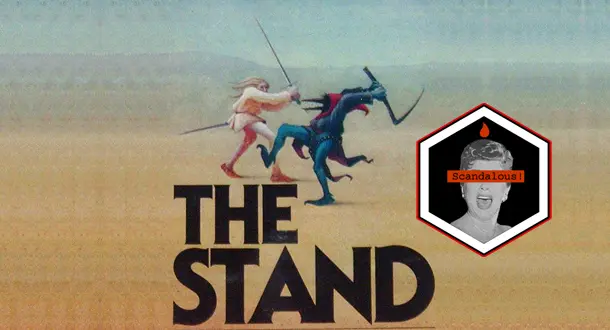
I am a fervent Stephen King fan. I have read everything he's ever published, often multiple times. I've seen every adaptation. I've defended him countless times against detractors. I wrote him a fan letter when I was a pre-teen and he in turn mailed me an inscribed publisher's copy of Wizard and Glass, to this day the single most exciting piece of mail I've ever received. I think King is a brilliant writer who creates some of the most memorable characters and narratives of any author I've ever read.
Read Column →August 23rd, 2012

The first time I ever met Sarah Dessen, she gave me a free whoopie pie. Really, that should tell you everything you need to know about what a fantastic person she is, but I can't pass up the opportunity to gush about what makes her such a terrific YA author as well.
Read Column →August 23rd, 2012
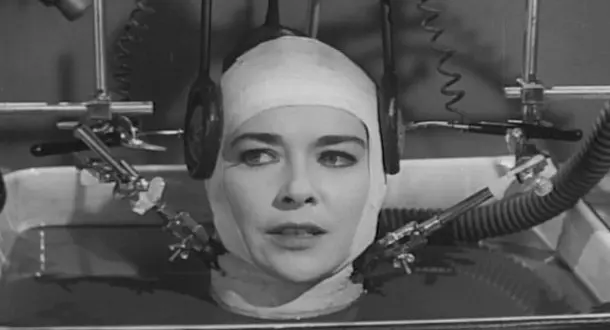
Anyone who’s been writing for a short while knows all narrative points of view have their advantages and disadvantages. First-person offers unparalleled access but is extremely limiting; third-person offers a more objective view of the world but promises limited access; second-person is just plain weird.
Read Column →August 22nd, 2012
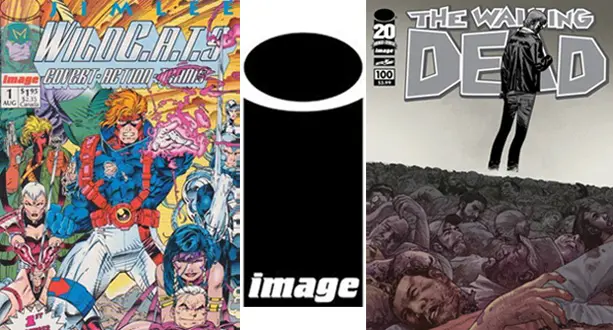
Whatever your feelings about 1990’s era Image Comics (mine are mostly a side-eye with a heavy dose of nostalgia), the company has done exactly what they set out to do when they started -- their version of what DC and Marvel were doing, but with creators owning all their own work. And they were massively successful in that endeavor.
Read Column →August 22nd, 2012

Most stories, fiction and non-fiction, have settings. But there are some that stand out amongst others as having a unique sense of place; stories that are informed and made consequential by where they occur and the introspection they shine on their respective locales. The following is list of ten great books that create an incredible sense of place; ones in which the setting isn't merely a device for advancing plot, but somewhere where the heart and soul of the story blossoms.
Read Column →August 21st, 2012
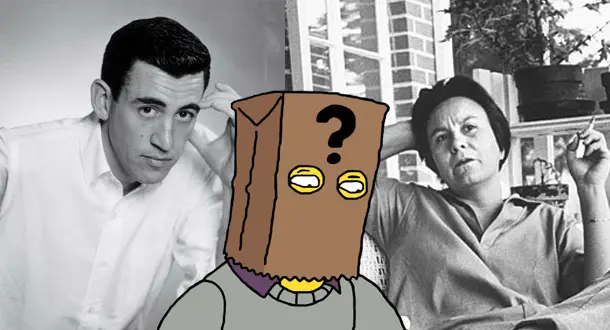
To Kill A Mockingbird was published in 1960. Since then, Harper Lee has appeared in public a handful of times. She never wrote another book, and she rarely grants interviews. In 1951, J.D. Salinger published his first novel, The Catcher in the Rye. As the book grew in popularity, the author withdrew from public, moving from his Manhattan apartment to Cornish, New Hampshire. From there, he published three more books, all without maintaining a public profile.
Read Column →August 21st, 2012

Comic adaptations of science fiction novels are frustratingly rare. This is odd, because It would seem like the worlds of literary Science Fiction and comic books have a lot in common. After all, both are relatively geeky pursuits that often involve speculation about the future, high-concept plots, and - hopefully - robots. Additionally, readers of comics and sci-fi are both very used to defending their favorite titles against every disparaging label from the euphemistically loaded "genre," to the outright hostile "low culture."
Read Column →August 20th, 2012
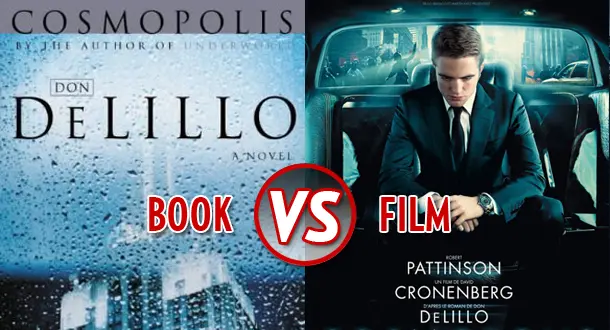
There is a specter haunting the world of literary adaptations and it is this: the book is always better than the film.
Read Column →August 20th, 2012
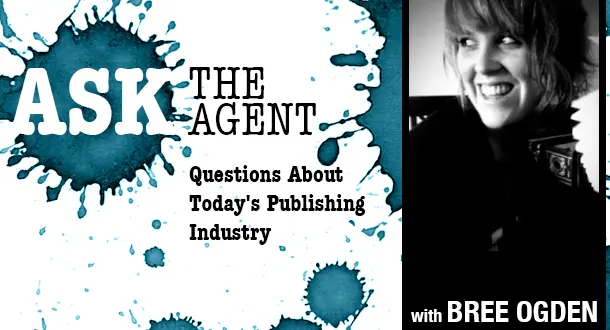
Navigating the rough terrain of today’s publishing industry shouldn’t be a solo event. This week in Ask the Agent, I’ll explore and dissect a few of the industry’s mysteries, straight from the shoulder.
Read Column →Submitting your manuscript?
Professional editors help your manuscript stand out for the right reasons.
